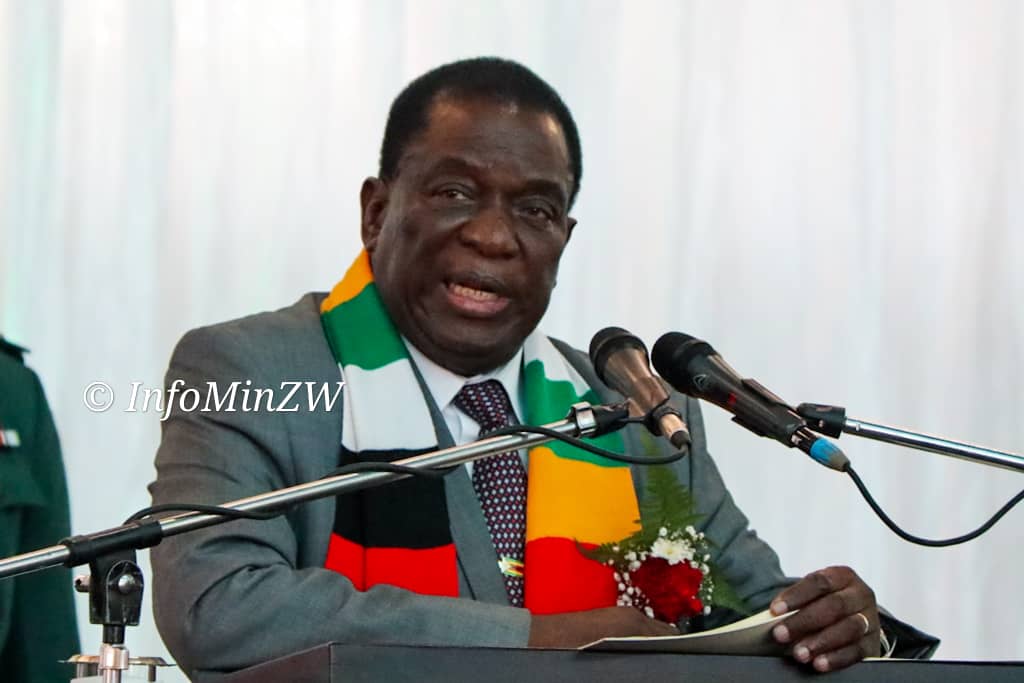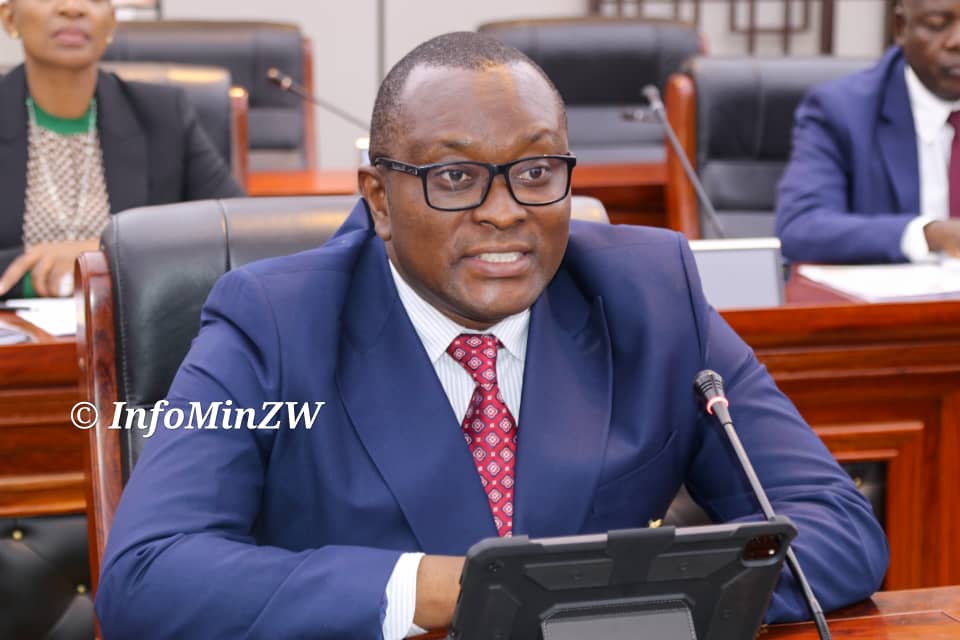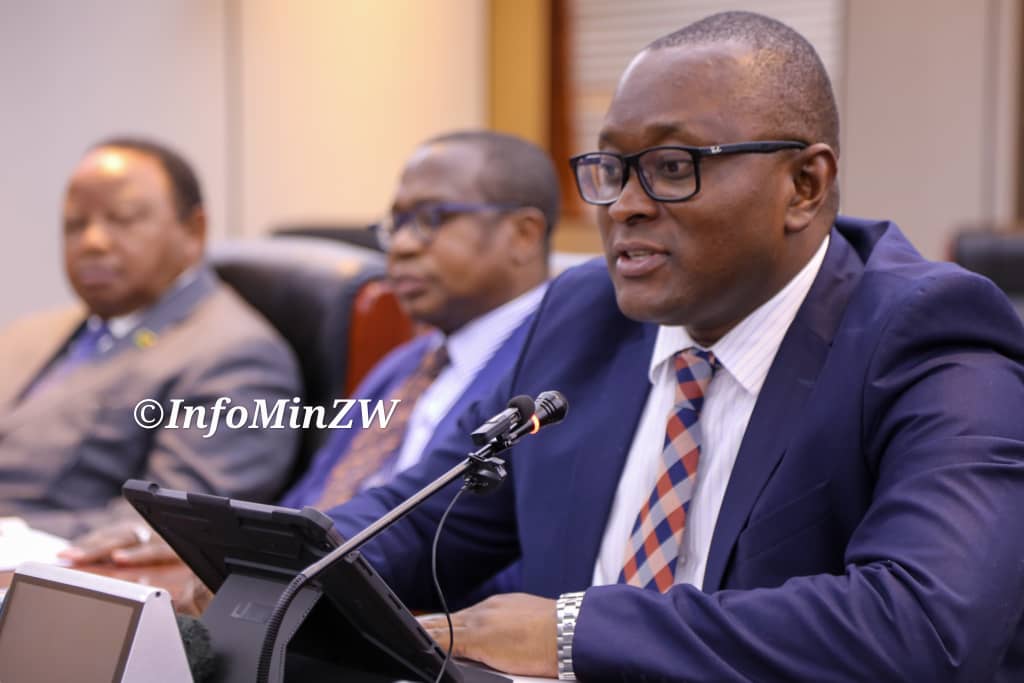President Mnangagwa says climate change retarding development
Share

Nairobi (New Ziana) – President Emmerson Mnangagwa said on Tuesday climate change was retarding economic development in Africa, including Zimbabwe.
In a speech read on his behalf by the Minister of Lands, Agriculture, Fisheries, Water and Rural Development, Anxious Masuka at the inaugural Africa climate summit here, he said climate change had caused catastrophes such as lost lives, damaged infrastructure, human displacements and retarded development.
“This Summit is significant as it signals Africa’s determination to generate consensus on climate change matters. The imperative to act collectively as Africa, to address the many seemingly insurmountable challenges, requires heightened cooperation to this globally significant challenge,” he said.
“Zimbabwe, therefore, expresses its gratitude to both the African Union and Kenya for co-hosting this milestone event,” he added.
President Mnangagwa said Zimbabwe was dedicating a substantial amount of its limited resources to providing appropriate response measures to these calamities, including building early warning systems and investing in climate-proofing and disaster risk reduction.
“Through our own limited resources, Zimbabwe is prioritising national actions that build adaptive capacity, reduce greenhouse gas emissions, strengthen climate change education and public awareness, and contribute to sustainable development,” he said.
“The biggest challenge to accelerate Zimbabwe’s adaptation plan is financing. Adequate, predictable, reliable and consistent climate finance for the achievement of Zimbabwe’s national development plans is required.”
He said the country’s agriculture sector was most vulnerable to climate change, with millions affected, due to increasing frequency of droughts.
“In response, Zimbabwe has adopted climate-proofed agriculture based on sustainable intensive conservation agriculture, rapid dam construction and irrigation development. As a result, Zimbabwe has been food self-sufficient for the past three seasons, and since last year, has a wheat surplus. Efforts to consolidate this success require further massive investment in dams and irrigation development. To build resilience of communities in rural areas, comprising 62% of the population, the Zimbabwe government is providing water to each of the 35 000 villages and 9 600 schools in the country,” said President Mnangagwa.
He said as Africa prepares for COP 28, it should advocate for the expeditious operationalisation of the loss and damage mechanism, to reverse a disturbing and growing tendency where commitments remain unimplemented many years after being agreed on.
“We are here to galvanise support for Africa’s call for a durable financing mechanism for loss and damage as agreed at COP 27 and to catalyse climate actions as countries cannot adapt or mitigate these impacts alone,” he said.
New Ziana








